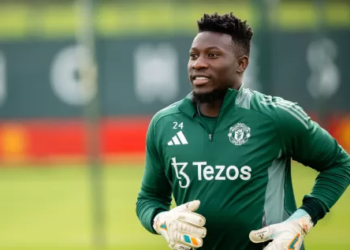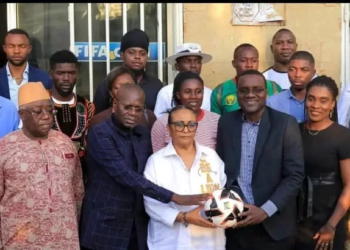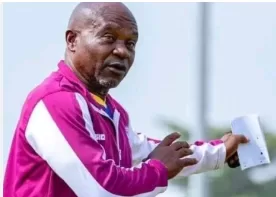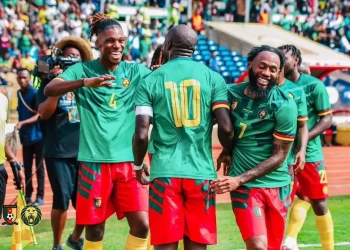The decision to stage the Confederations Cup Final cannot have been easy, but it must have been easier than the act of actually playing in it. Three days after Marc-Vivien Foe had collapsed and died on the pitch in Lyon, a meaningless tournament got a meaningful final, at a very high price.
That Thierry Henry scored the winning goal in extra time to retain the Confederations Cup for France seems little more than a footnote. In praising his team French coach Jacques Santini admitted that victory left a ‘sour taste’. He and his players felt that the events of the past few days meant it didn’t really matter who won a football match.
They were right; the final could have waited. A France v Cameroon game to honour Foe could have been arranged after a decent interval. Instead, the match went ahead before the reasons behind Foe’s death had even been established. FIFA stated that it was the will of Foe’s family and of the Cameroon players. However, while everyone was still coming to terms with the tragedy FIFA were asserting that the game would take place. Perhaps Foe’s family and the Cameroon squad were asked to make a decision, perhaps they were just asked to approve FIFA’s wishes; either way there is no doubting the determination of Blatter and co. to see the tournament through.
Equally, while Foe’s widow and his teammates wanted the game to go ahead – and their decisions rightly count for a great deal in such a situation – grief is a powerful and baffling thing. To stage the match as an act of public remembrance – which is essentially what Sunday evening was – is laudable, but in that charged silence as the two teams waited for a game dwarfed by the event around it, all I wanted was to see them turn around and walk straight back into the changing rooms. There is a finality to death; you lose a mate and no amount of running around, tackling or heading will change that or make it approachable. To engage in competition in the aftermath seems insane, to me at least.
« Life goes on and so does soccer, » that was Sepp Blatter’s argument. The sport should pull together and find a way out of this; it should provide continuity for all involved. In hard times, times of international political uncertainty, football can be a useful tool. An escape certainly, a bond amid conflict, as well as a comforting signifier of all that is steady and secure. In ‘Remember The Titans’, a feelgood Disney film about American Football, Denzel Washington playing the part of a coach called Herman Boone in 1970’s Virginia explains how, inside the chalk line, sport can make sense when nothing else does: « All this hatred and turmoil swirling around us, but this – this is always right, » says Washington, looking out on the field. « Struggle, survival, victory and defeat. It’s just game…I love it. »
Football can be a rock-steady object, it can provide hope and inspiration, it does have a wider role than just a spectator sport. But it is still just a game and sometimes you wonder if that perspective will ever be brought into focus. The famous Arrigo Sacchi quote is that « football is the most important of the unimportant things in life. » There are people in the game who would do well to remember that. No amount of solemnity or forbearance will bring Marc-Vivien Foe back, but that doesn’t mean we should just trudge on, save for a minute’s silence. A team mate of mine in poor-quality amateur football had a common refrain after a bad day on the pitch: « Rubbish game lads, but hey, we lost a football match not a war…no one died. » Well, someone did die on Thursday. You’d think we’d be brave enough to recognise the difference.
Oliver Thompson







